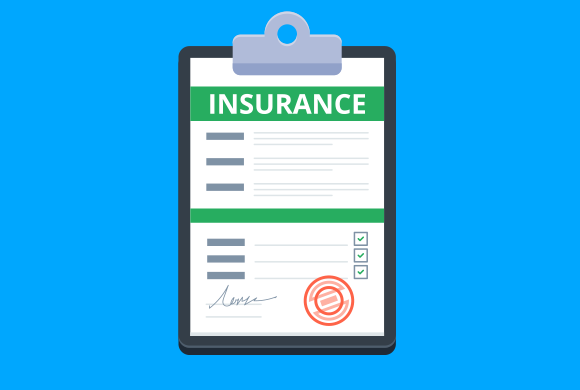Fill Below Form
Call me Back!
Please Enter Your Name
Please Enter Valid Telephone No
Please Enter Your Email


When you go to purchase a new vehicle; whether it is a bike or a car, the auto dealer gives you a break-up of all the costs associated with the purchase of the vehicle. One of the most important components of the final value of the vehicle is its on-road price. The on-road price is the actual final value of the vehicle, and does not include the cost of accessories. However, it includes the cost of driving the vehicle on Indian roads. Yes, road tax is a compulsory tax that all vehicle owners have to pay. There are also several rules and regulation of road tax that you need to know about. Let's find out the basics of road tax in India.
Road tax refers to the tax levied on all vehicles. All vehicle owners need to pay this tax before they start using their vehicle on public roads. Since this tax is imposed by state governments at their own individual level, road tax is essentially a state level task. The rules and regulations of road tax differ from state to state and the amount charged as tax varies accordingly. Additionally, the road tax amount also depends upon the type of vehicle you purchase. As per the Central Motor Vehicles Act, it is compulsory for car owners to pay the entire road tax amount at once, in case a vehicle is in use for over a period of one year.
Road tax in India is levied by 2 chief governing authorities. They are:
The State Government: State governments levy annual or lifetime motor vehicles tax. They also levy other taxes related to the use of public roads which include passenger and goods tax, toll tax as well as value added taxes.
The Central Government: Miscellaneous taxes related to the use of vehicles on public roads such as customs duty taxes, central excise taxes, central sales taxes, goods and services (GST) taxes as well as additional cess on the basis of the type and model of vehicle are charged by the Central Government.
The government levies road tax on all two, four as well as multi axle vehicles in India used for commercial and private purposes.
State governments are responsible for the maintenance and construction of approximately 80% of the roads in the country. It is the individual state that bears the cost of construction as well as road maintenance. As a result, state governments are authorised to determine road tax rules and regulations and impose taxes accordingly.
Based on the vehicle's ex-showroom price, road taxes are paid by new vehicle owners. The road tax amount is calculated based on factors such as
Depending upon the requirement as per the state in which you purchase the vehicle, Road tax in India can be paid as a lump sum amount or on an annual basis.
Road taxes need to be paid at the Regional Transport Office (RTO).
Even if you pay a lifetime road tax in one state, if you have to use the vehicle in another (in case you move to a different state), you need to re-register your vehicle and pay road taxes as per the terms of the state you move to.
Road tax can be paid offline and online
Offline payment of Tax: When you purchase the vehicle for the first time, the auto dealership makes the initial road tax payment and collects it from the buyer when the vehicle is purchased. Once the validity of the first payment ends, the vehicle owner can visit the nearest RTO, fill up the tax form and pay the tax amount via cash or demand draft. You need to submit photocopies of your vehicle registration documents, vehicle insurance papers, purchase invoice and address proof.
Online: You can simply visit the state transport department website to pay online road tax in India. You need to enter details such as your vehicle registration number and chassis number. You can then select the mode of payment and complete the tax payment process.
Disclaimer: Liberty General Insurance provides you two- and four-wheeler insurance policies depending on your requirements. However, before you apply, please read the policy wordings carefully. You can click here to know more
Liberty Mutual Insurance Group Announces
New Joint Venture Partnership for Indian
Company
Chances are that you are among a large number of people who forget to renew their vehicle insurance ....
Registration Number: 150 | ARN:Advt/2018/March/26 | CIN: U66000MH2010PLC209656
2019 Liberty General Insurance Ltd.
Reg Office: 10th floor, Tower A, Peninsula Business Park, Ganpat Rao Kadam Marg, Lower Parel, Mumbai - 400013
Trade Logo displayed above belongs to Liberty Mutual and used by the Liberty General Insurance Limited under license. For more details on risk factors, terms & conditions please read sales brochure carefully before concluding a sale.